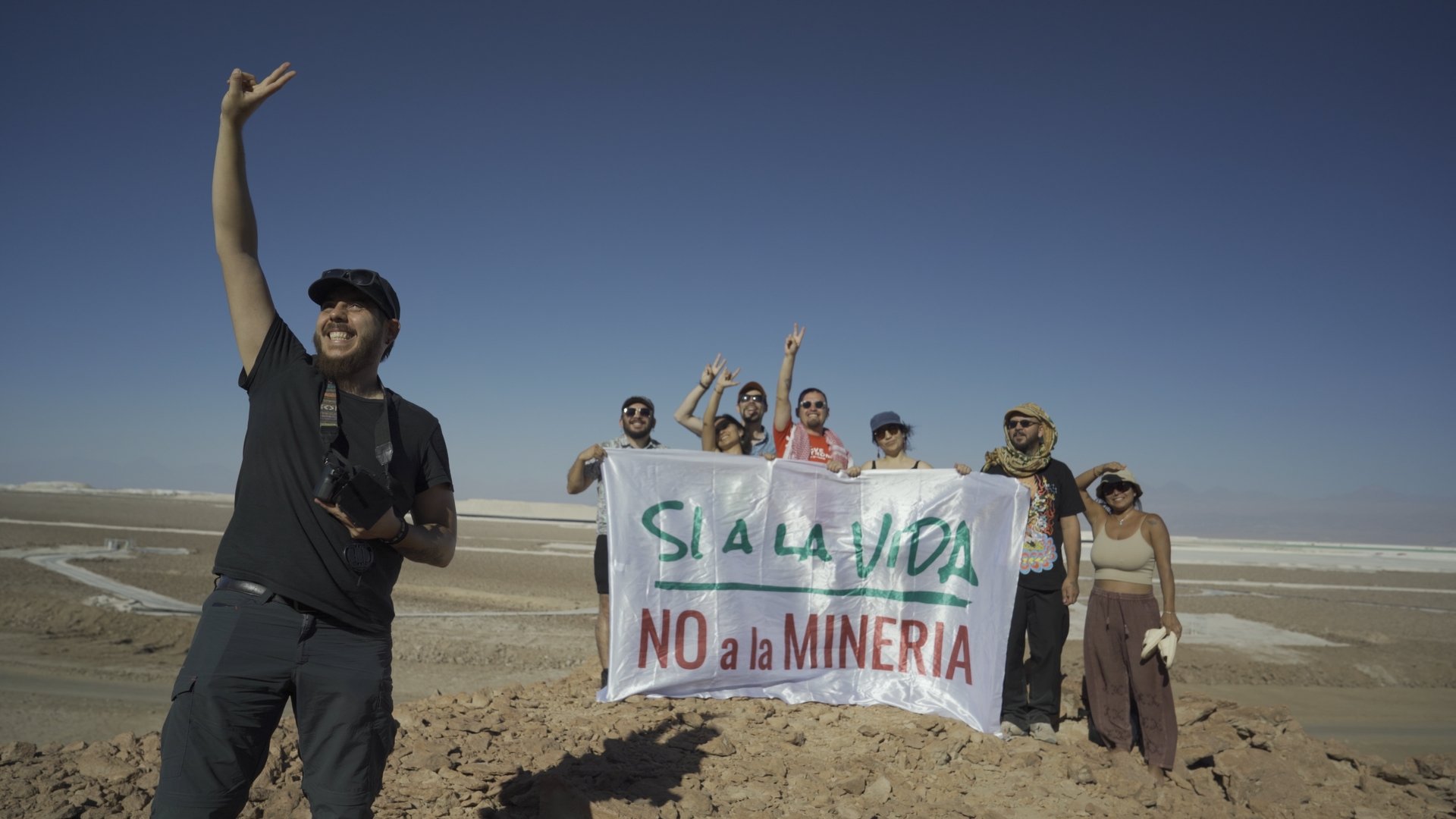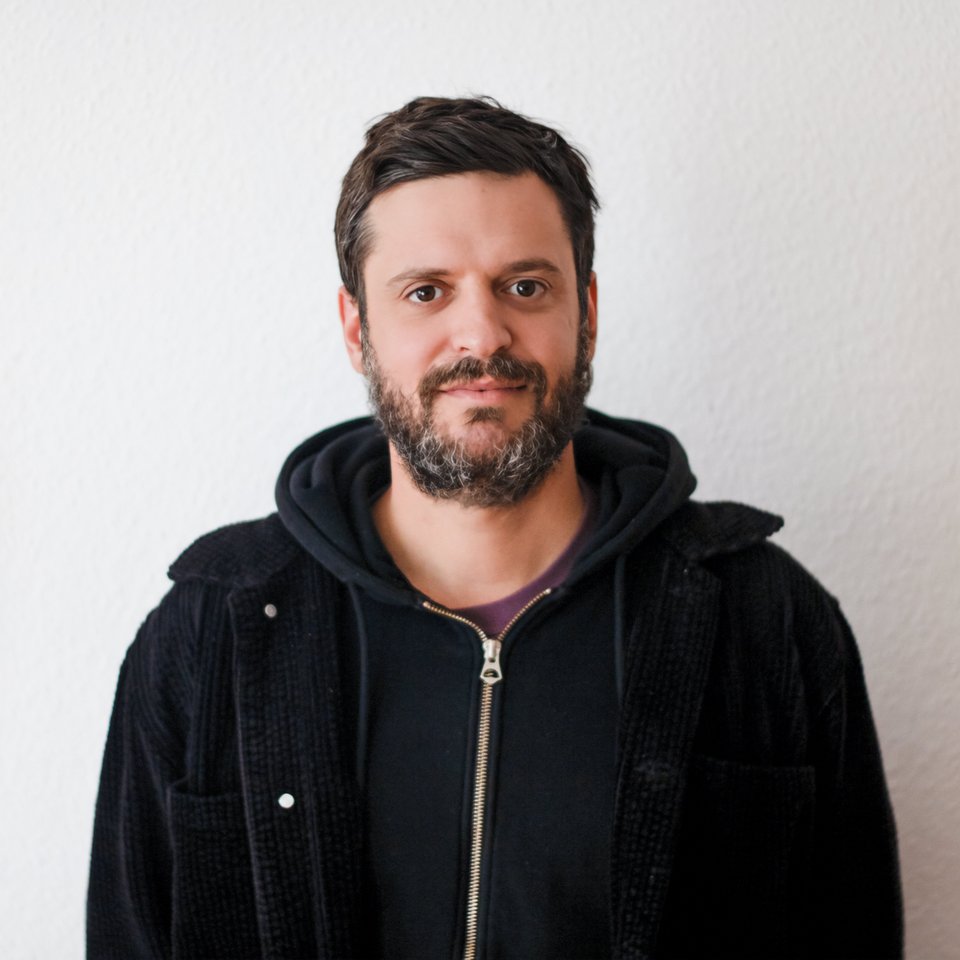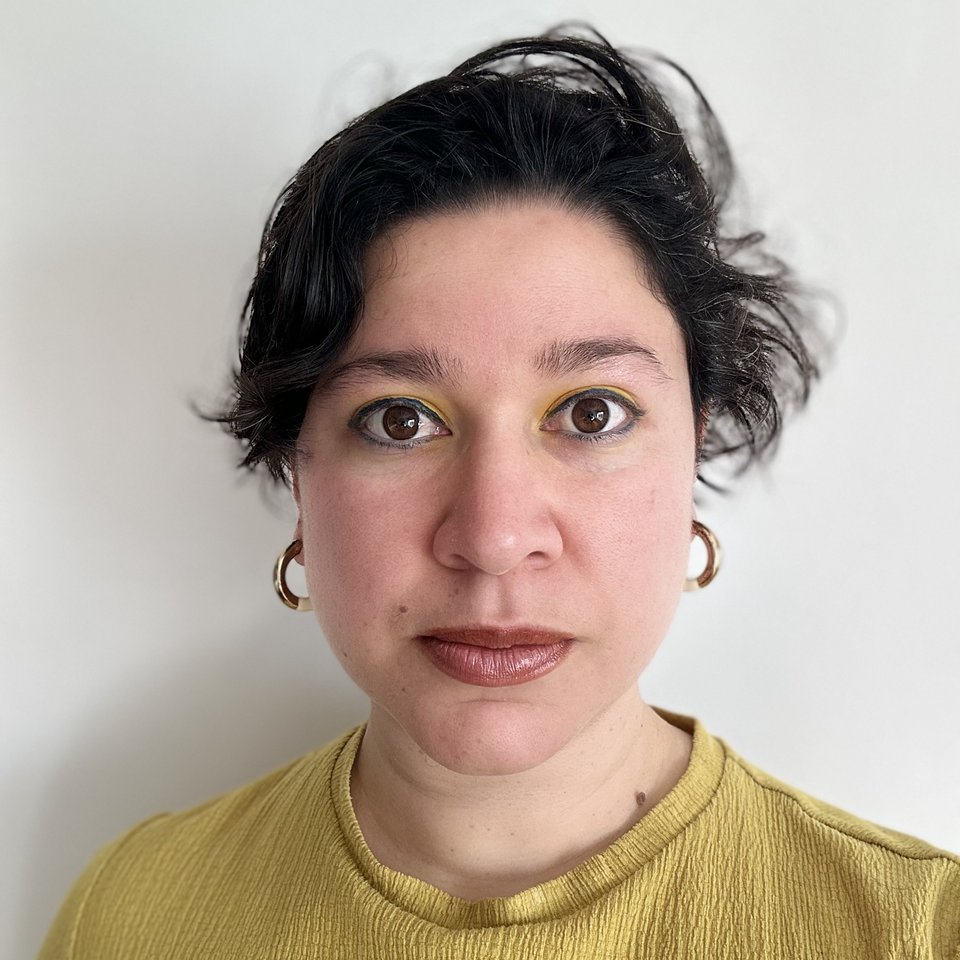
Pitch: In Our Backyards
15 Oct, 2024, 12.00 PM @ Festival Center D'24
Event language: English
In Our Backyards (WT) follows the struggles of communities in Chile and Serbia as they confront the destructive impact of the lithium being mined for the energy transition. In Serbia, beekeeper Vladan’s peaceful life is shattered by Rio Tinto's operations, leading local farmers to resist fiercely. After massive protests, and with the support of actress Bojana Novakovic, they secure a ten-year halt to the mining. In Chile’s Atacama Desert, academic and activist Ramón and Indigenous journalist Leyla are fighting to protect the biodiversity of the Andean wetlands. This film captures their successes and frustrations, underscoring the power of global solidarity. It also showcases how cultural traditions, food systems, and religious practices connect two distant ecosystems under the umbrella of environmental justice.
Impact goals
- Train 400+ educators and environmental enthusiasts in conservation and electromobility.
- Unite 30+ civil society organizations to address community perspectives on transportation, energy, and conservation.
- Host 20+ discussions and film screenings across Germany to promote critical views on green technology.
- Hold 10 screening events at political institutions to raise awareness of sacrifice zones.
To achieve this, we would like to...
- host discussions and film screenings at mining towns, in sacrifice zones, and at cultural events;
- screen our film at European political forums on lithium mining and environmental issues with the Raw Materials Coalition;
- create an online platform providing access to interviews, guides, and resources on the energy transition;
- rework the film into a 52-minute TV documentary; and
- turn the film interviews into a twelve-episode podcast series.
At the Good Media Pitch, we are looking for…
- a world sales agent who is experienced and open to working with an impact-driven documentary;
- contact with politicians involved in European and German energy transition decisions;
- connections with museums, planetariums, zoos, recycling centres, scientific’ summits, and nature conservation organizations; and
- an opportunity to rework the film into a 52-minute documentary for TV, allowing people to regain hope and develop an interest in movements concerning culture and nature.
Tickets
Program Info
Pitch
Guests
Ailynn Torres Santana

Juan Francisco Donoso
